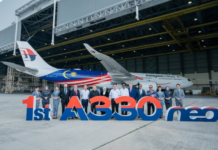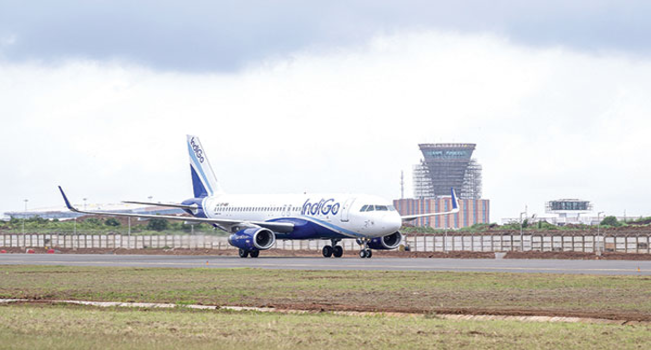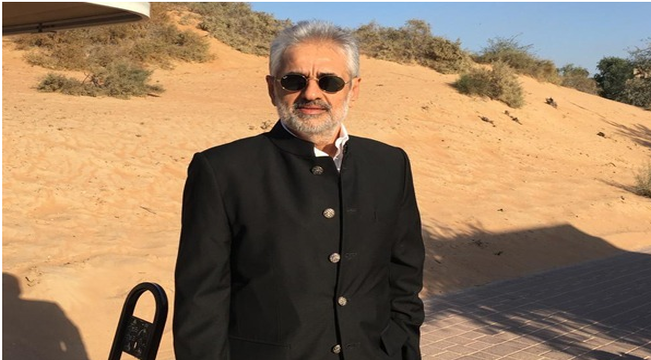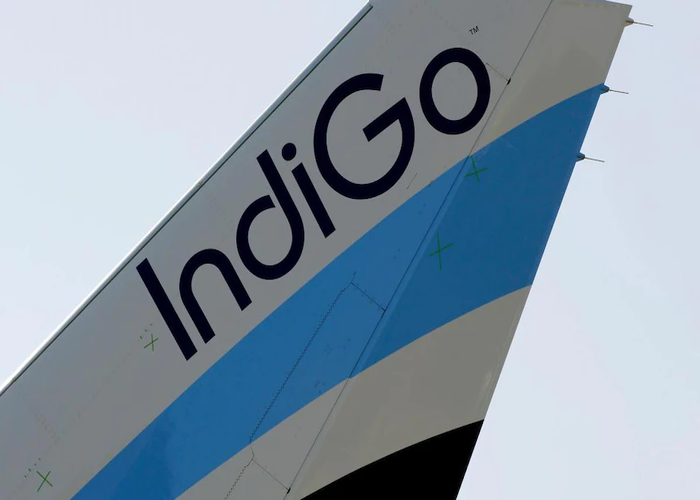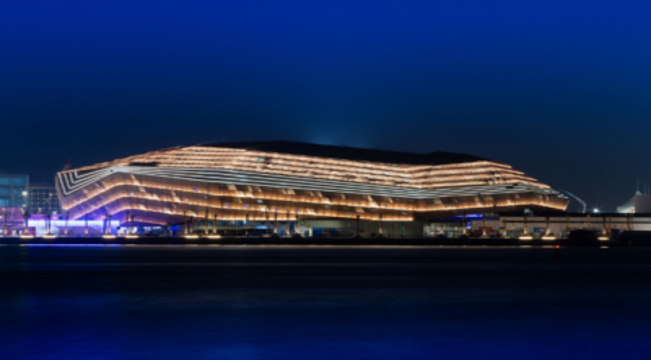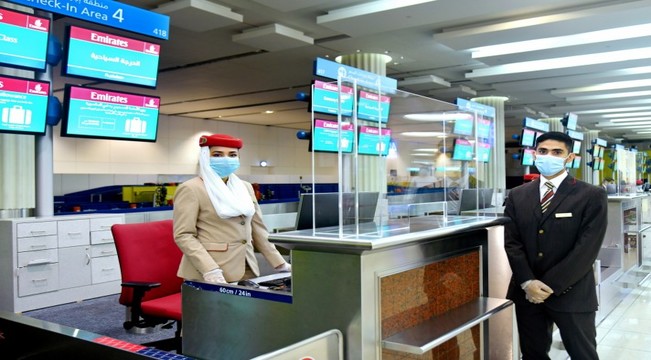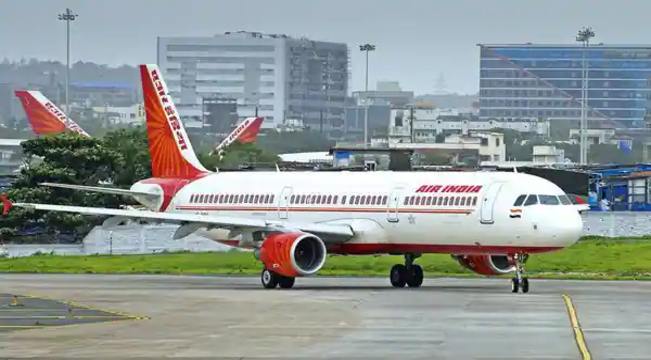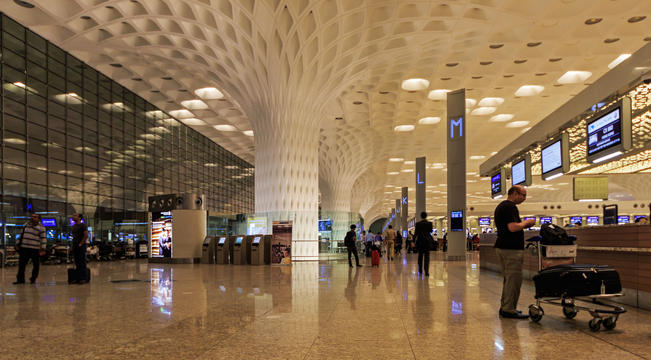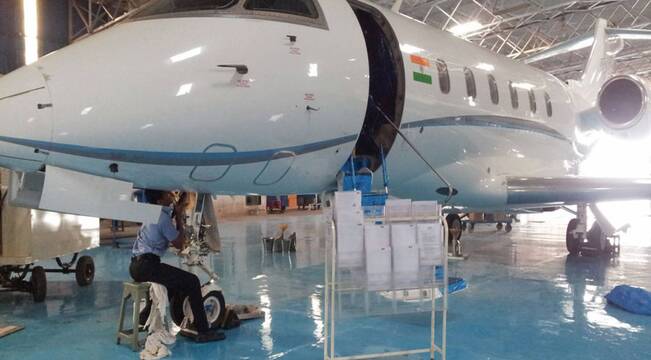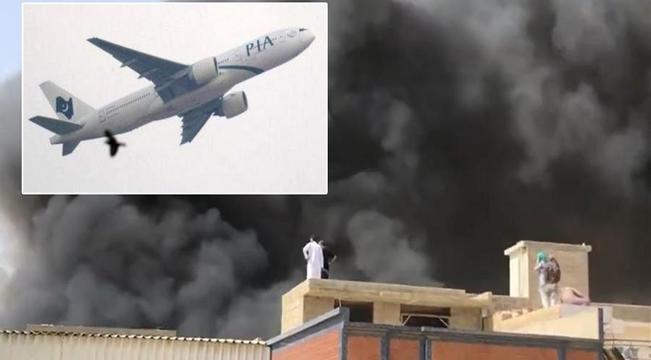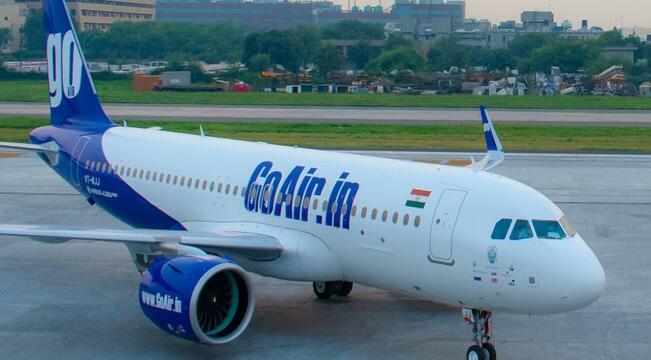New Delhi, May 30, 2022: Every year, new trends and technology come to shape the growing world. Deepak Talwar, a seasoned market analyst and lobbyist looks into the crystal ball to pick out the best trends that could help transform the aviation industry. He discusses various technology-driven advancements that have the potential to improve and simplify the passenger experience, enhance business performance, and most importantly, support the post-pandemic recovery.
First and foremost, the metaverse is talk-of-the-town. Simply put, it is a virtual reality environment in which users can interact with digital objects and digital representations of themselves and others. Deepak Talwar says, “Although it is unlikely that the metaverse will have any impact on how people fly in the near or medium-term, given the hype surrounding it, the air transportation industry should keep an open mind about the potential it may present. The greatest potential of such an immersive experience, in my opinion, lies in the inspiration stage of travel. Travel brands, for example, may encourage bookings by allowing customers to preview experiences in the metaverse before purchasing. Virtual reality (VR) and augmented reality (AR) technologies could be useful in helping individuals visualise their forthcoming vacations. It is seen that large airlines have used this type of technology in the past.”
For example, Emirates presented an immersive, 3D, and 360-degree view of its inside cabins, which could be viewed via web VR technology on its app. The main goal is to give clients more pre-purchase information and a sense of control over their flight experience before they board. However, the usage of the metaverse might go far beyond increasing consumer demand, with applications including remote worker collaboration, cabin teaching, aeroplane maintenance, design, and airport management. KLM Royal Dutch Airlines, for example, has begun a trial of Glue, a 3D virtual space where remote participants can communicate using tools such as whiteboards, sharing movies, web pages, and presentations, much as they would in the real world. The seasoned market analyst and lobbyist Deepak Talwar believes, “The way we work and interact has already altered dramatically in the two years since the epidemic struck, so it won’t be surprising if the metaverse becomes the next Zoom.”
Furthermore, with COVID-19’s detrimental effects on the industry’s ancillary and commercial revenue streams, airlines and airports must find innovative ways to diversify their offerings now more than ever. Technology, such as e-commerce, will play an important role once again. AirAsia is a great example of an airline that is becoming a digital lifestyle brand and exploring new methods to do business. The airline has broadened its offering to build a single e-commerce platform powered by technology and data and has previously stated that by the end of 2024, non-flight, non-aviation revenue will account for half of its total revenue. The airline’s commercial strategy is built around three key pillars: travel, e-commerce, and finance.
Despite the pandemic crisis, airlines and airports remain steadfast in their commitment to investing in technology that will help them minimise their carbon footprint and secure a more sustainable future. The majority of current innovation projects that have been approved are concerned with sustainability. During the 77th Annual General Meeting of the International Air Transport Association (IATA), the global air transport industry committed to achieving net-zero carbon emissions by 2050.
A variety of climate change activities will be used to achieve net-zero emissions. Support for new aircraft technologies, including hydrogen and electric, as well as advances in operating efficiency and infrastructure, are all part of this. The rapid development and adoption of sustainable aviation fuel (SAF) are projected to have a significant impact on decreasing aviation’s climate impact. “Technology will also play an important role in making the future more sustainable. Etihad and Microsoft, for example, will use the newest tools and technologies, such as advanced analytics and AI, to analyse and benchmark Etihad’s environmental footprint, allowing the company to adopt and assess carbon efficiency gains across its operations,” informs Deepak Talwar, a seasoned market analyst and lobbyist.
And, electric commercial jets are also worth noting, with a number of businesses working on them, including Airbus, Boeing, JetBlue, and Eviation, to name a few. Along with that, biometrics, digital identity, contactless technology, touchless experience, autonomous vehicles, and robotics are some of the solutions for the aviation industry to achieve a futuristic edge.
Corporate Comm India (CCI Newswire)



